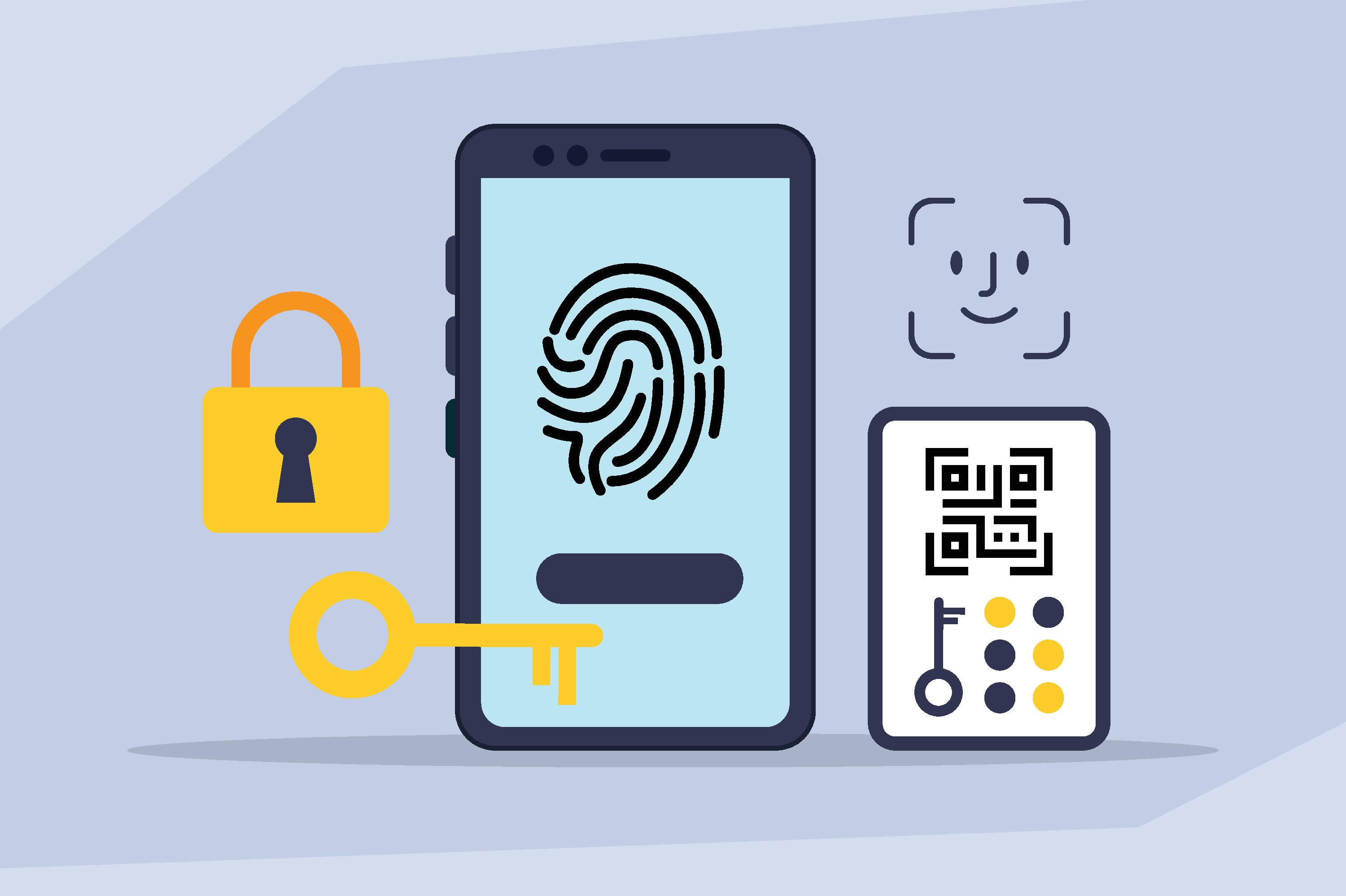New E-Book: Building a Foundation of Trust and Safety for Digital Customer Onboarding


The first impression your business makes on a potential customer often happens online, during the onboarding process. This crucial interaction sets the tone for the entire relationship, influencing the customer's perception of your brand and their willingness to trust you with their sensitive information. But with increasing digitalization comes a heightened risk of fraud and identity theft. How can businesses ensure a seamless onboarding experience that also safeguards against potential threats?
Our new e-book, "Ensuring Trust and Safety in Digital Customer Identification: The Critical Role of Fraud Prevention and Identity Verification," explores the important balance between fostering trust and maintaining security during the digital customer onboarding journey. It explores it from the perspectives of marketplaces, financial services, and other businesses that need to establish and nurture effective relationships among their various stakeholders.
Trust and Safety: The Critical Element in Digital Onboarding
Trust and safety are core to any relationship, but they're especially vital components of a successful digital onboarding platform. Trust, built through consistent positive experiences, is essential for customer retention and loyalty. Safety, achieved through robust security measures, protects both your business and your customers from the devastating impact of fraud and other damaging actions.
The e-book examines the impact of trust and safety on business reputation, customer retention, and the overall success of the digital onboarding process. It also addresses the challenges of balancing efficiency and security, highlighting the importance of finding a harmonious middle ground.
The Ever-Present Threat of Fraud
Those who manage identity verification and customer experience teams recognize that digital processes are rife with fraudsters seeking to exploit vulnerabilities in the customer onboarding process. The e-book provides a comprehensive overview of the various types of fraud that can occur, including identity theft, account takeover, synthetic identity fraud, and phishing attacks. Understanding these threats is the first step towards effective prevention.
Identity Verification: The Backbone of a Secure Onboarding Process
Identity verification is a critical component to ensuring that the individuals interacting with your business are who they claim to be. It’s the first step in establishing trust and safety among all parties, and the e-book explores the various techniques and technologies employed in identity verification, showcasing how these tools can bolster these trust and safety initiatives.
The e-book also provides a practical roadmap to strengthening your trust and safety program, offering actionable steps to verify new users, implement age verification, monitor account access, improve user experience, and reduce operational costs through effective verification strategies.
Key topics covered in the e-book:
- The importance of trust and safety in the digital customer journey
- The impact of customer trust on business reputation and retention
- Understanding and mitigating various types of fraud
- The role of digital identity verification in ensuring trust and safety
- Best practices for secure onboarding
- The importance of regulatory compliance
We hope you can spend some time with this e-book so you can gain a deeper understanding of the intricacies of digital customer onboarding, the threats it faces, and the strategies you can employ to create a secure and trustworthy environment for your customers.
Download your copy today.

Keep reading
 Read the article: Beyond the OTP: Why SMS-Based 2FA Is Failing and What Comes Next
Read the article: Beyond the OTP: Why SMS-Based 2FA Is Failing and What Comes NextExplore the classic conflict between security measures and user friction.
 Read the article: Anatomy of an Account Takeover Attack: Analysis and Response Plan
Read the article: Anatomy of an Account Takeover Attack: Analysis and Response PlanLearn practical strategies for handling identity verification API errors or no-match responses. Explore fallback methods and clear communication tactics to ensure a smooth, user-friendly experience.
 Read the article: Prove Global Fraud Policy℠: A New, Adaptive Standard for Digital Identity
Read the article: Prove Global Fraud Policy℠: A New, Adaptive Standard for Digital IdentityIntroducing the Global Fraud Policy (GFP), Prove’s new unified, adaptive fraud-defense engine that replaces fragmented, custom rules with a single, comprehensive policy that automatically updates as new threats emerge. This forward-looking framework helps businesses anticipate and respond to evolving threats like GenAI deepfakes, synthetic identities, and eSIM bots, protecting customers at scale.












